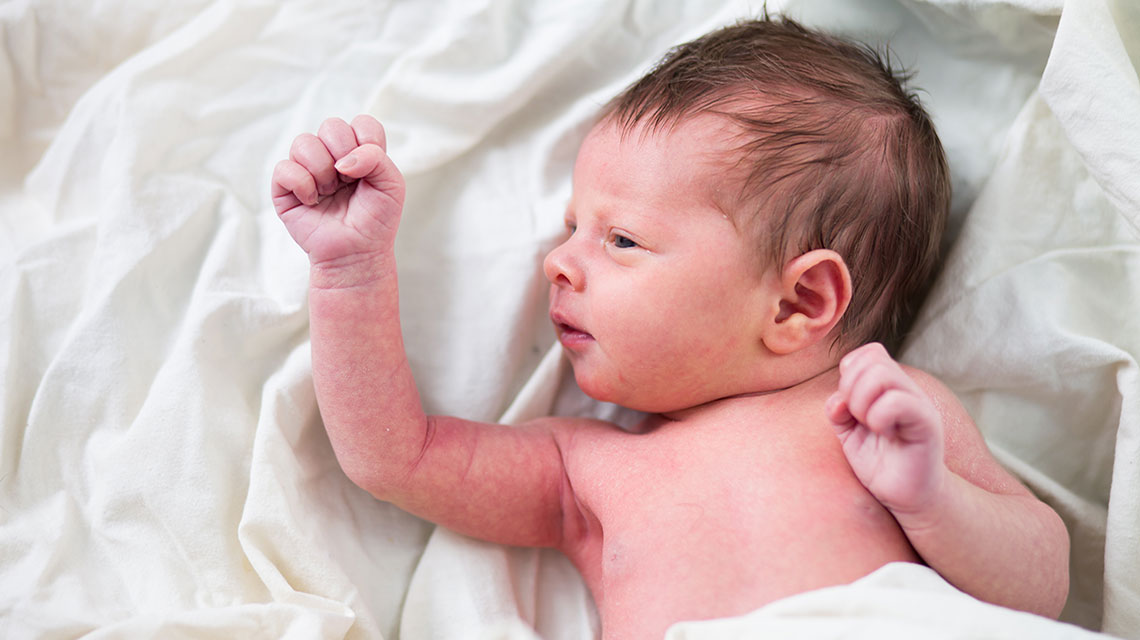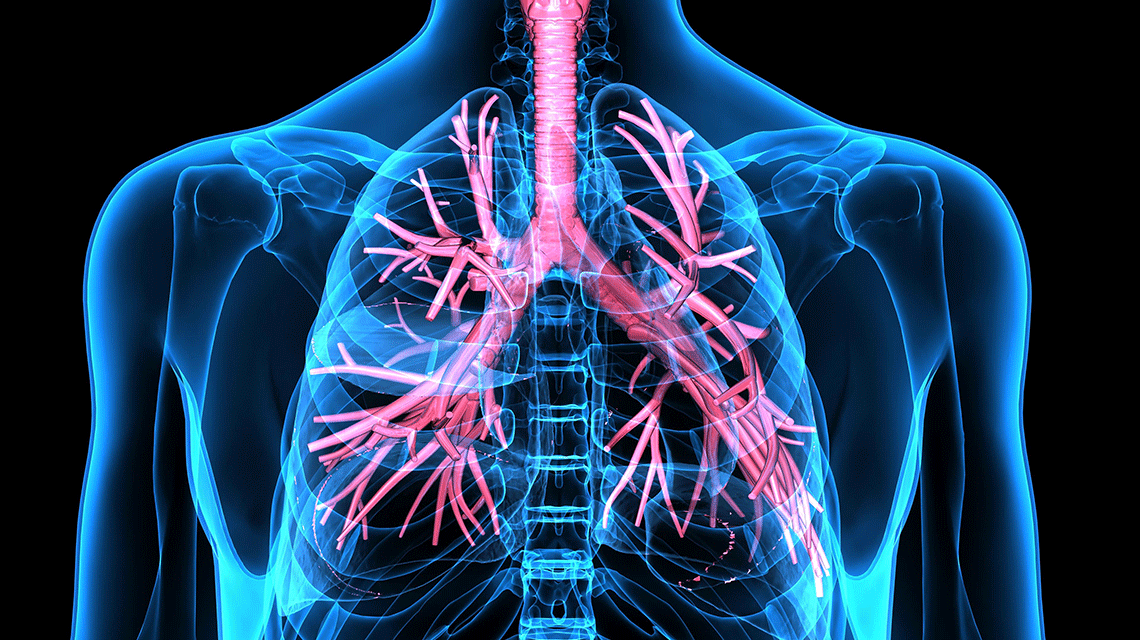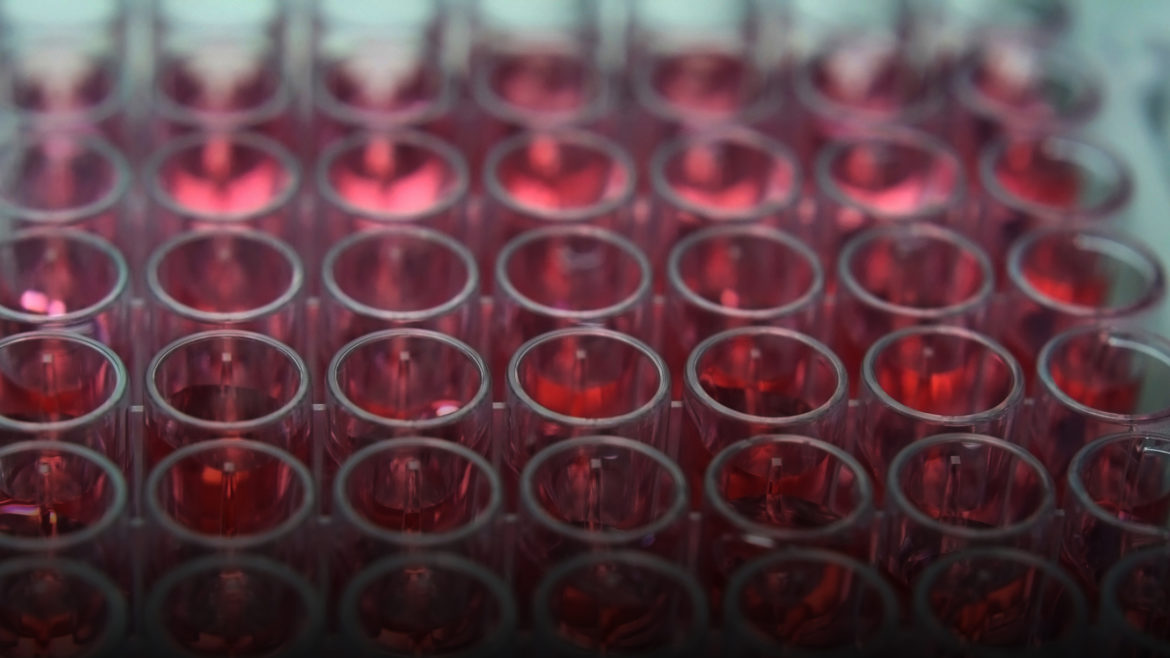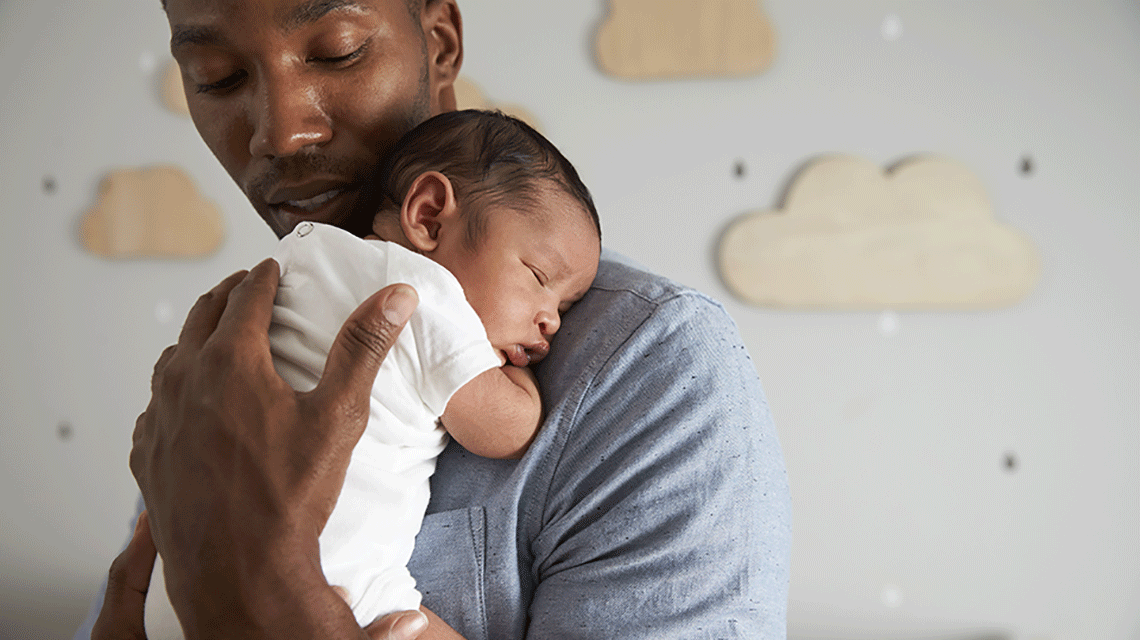Featured Researcher – Mark Peeples, PhD
Featured Researcher – Mark Peeples, PhD https://pediatricsnationwide.org/wp-content/themes/corpus/images/empty/thumbnail.jpg 150 150 Alaina Doklovic https://pediatricsnationwide.org/wp-content/uploads/2023/11/100923RH0019-e1699635391623.jpgMark E. Peeples, PhD, is a principal investigator and member of the Center for Vaccines and Immunity at The Abigail Wexner Research Institute at Nationwide Children’s Hospital, and a professor of Pediatrics and of Molecular & Cellular Biochemistry at The Ohio State University College of Medicine. Dr. Peeples’ research focus is respiratory syncytial virus (RSV)…






